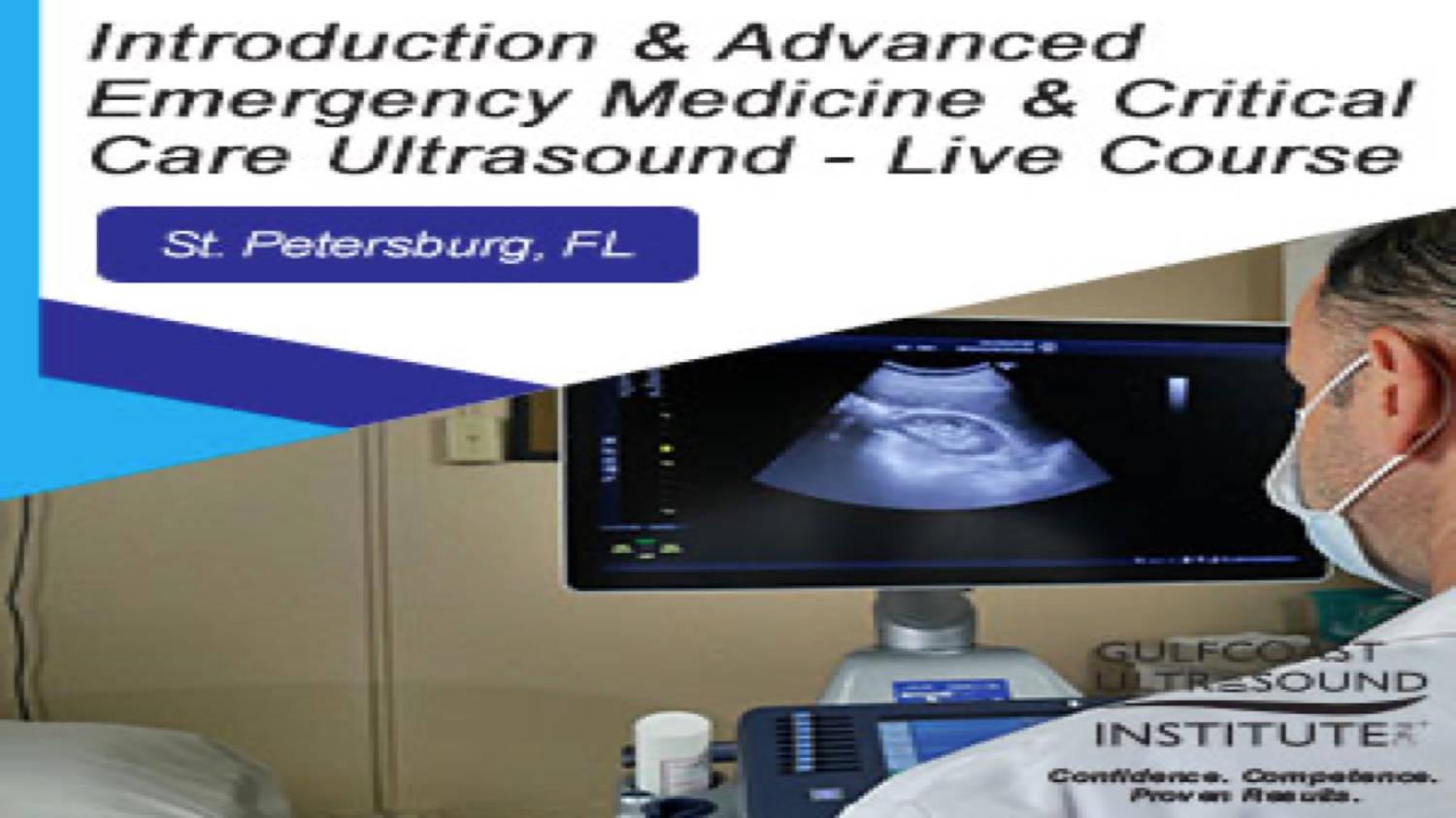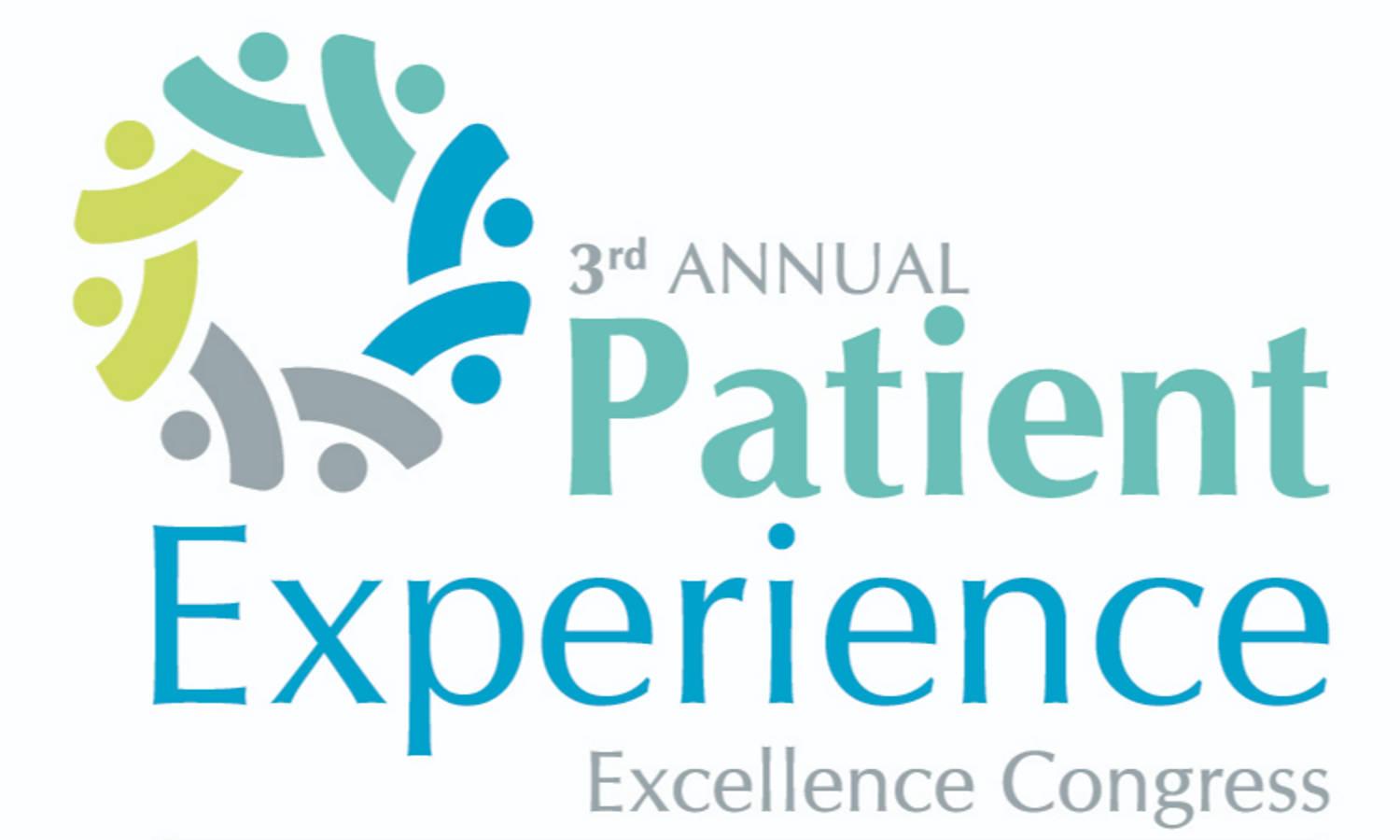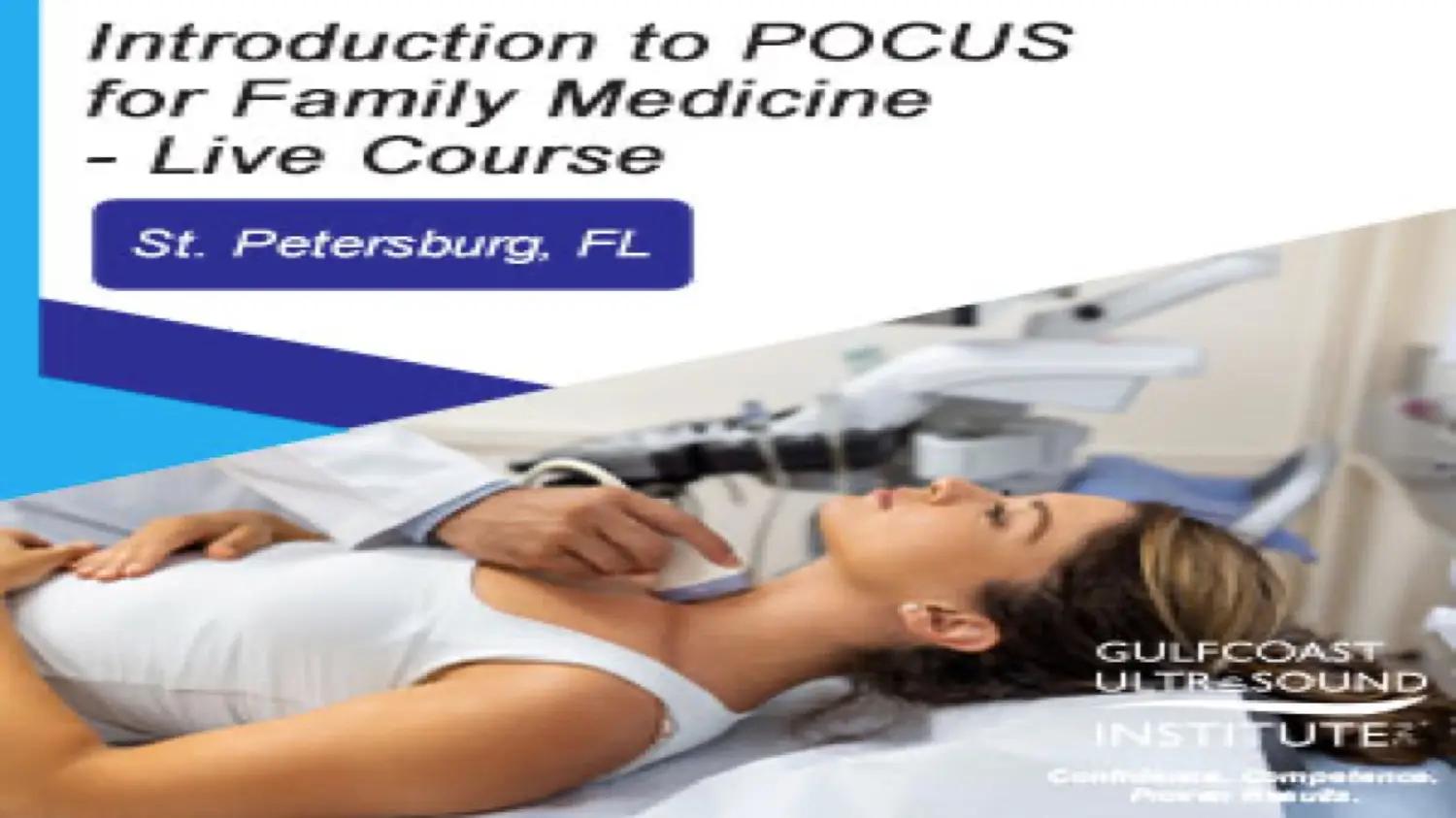
Gastroenterology and Hepatology & Team Based Treatment of Common Medical and Mental Health Problems in Primary Care
 hosted byContinuing Education Inc
hosted byContinuing Education IncGastroenterology and Hepatology & Team Based Treatment of Common Medical and Mental Health Problems in Primary Care is organized by Continuing Education, Inc. and will be held from Sep 12 - 19, 2024 at Royal Caribbean's Oasis of the Seas, Rome, Italy.
Program Purpose:
The goal of these presentations is to discuss several new guidelines in reference to common primary care topics. Review of these guidelines along with clinical application may lead to evidence - based, and more cost- effective evaluation and management using a team-based approach
Smoking Cessation
• Recognize the role of smoking in disease etiology
• Utilize techniques to enhance the patient's ability to stop smoking
Routine Adult Care
• Determine which screening tests are indicated for particular patients, according to USPSTF guidelines
• Order appropriate immunizations for adult patients
Recognition and Treatment of Depression
• Understand the incidence and prevalence of anxiety and depression
• Evaluate patients with signs and symptoms of anxiety and depression in order to make an accurate diagnosis
• Prescribe appropriate medications to treat these disorders
Obesity
• State the epidemiology of obesity in America and the health risks associated with obesity
• Assess patients who are obese and determine if they need treatment
• Recommend and utilize the ACC/AHA/TOS Guidelines for the Management of Overweight and Obese Adults, including diet, exercise, medications, and bariatric surgery
• Employ the Endocrinology Society Guidelines on Pharmacological Management of Obesity
Thyroid disease
• Formulate a plan for the evaluation of a patient with presumed thyroid disease
• Interpret common lab and imaging tests in the evaluation of a patient with thyroid disease
• Select appropriate treatment modalities, both medical and surgical, for patients with thyroid disease, according to the American Thyroid Association Guidelines
The identification and Treatment of Traumatized Patients
• Describe the characteristics associated with traumatic events
• Interpret the "red flags" or symptomatic manifestations of trauma in patients
• Demonstrate how to obtain a trauma history from a patient during the H and P
• Identify and propose interventions designed to treat symptoms of trauma and increase comfort during physical exam
Eating Disorders
• Identify the behavioral and psychosocial triggers that promote eating disordered behaviors
• Distinguish between the symptoms of anorexia, bulimia, bingeing, orthorexia, and diabulimia
• Recognize the clinical "red flags" that indicate eating disordered behavior
• Apply appropriate interventions designed to treat eating disordered behaviors
Celiac Disease
• Identify risk factors, symptoms, signs, tests, treatment for celiac disease
C. difficile Colitis
• Define risk factors, symptoms, signs, tests, treatment for C. difficile colitis
Eosinophilic Esophagitis
• Describe risk factors, symptoms, signs, tests, treatment for eosinophilic esophagitis
Update in Chronic Hepatitis C
• Identify risk factors, symptoms, signs, tests, treatment for chronic hepatitis C
Non-alcoholic fatty liver disease
• Define risk factors, symptoms, signs, tests, treatment for non-alcoholic fatty liver disease
Cirrhosis and Complications
• Lack of awareness of the potential severity of outcomes, and benefits of treatment
Update in Chronic Hepatitis B
• Identify risk factors, symptoms, signs, tests, treatment for chronic hepatitis B
Additional details will be posted as soon as information is available.









